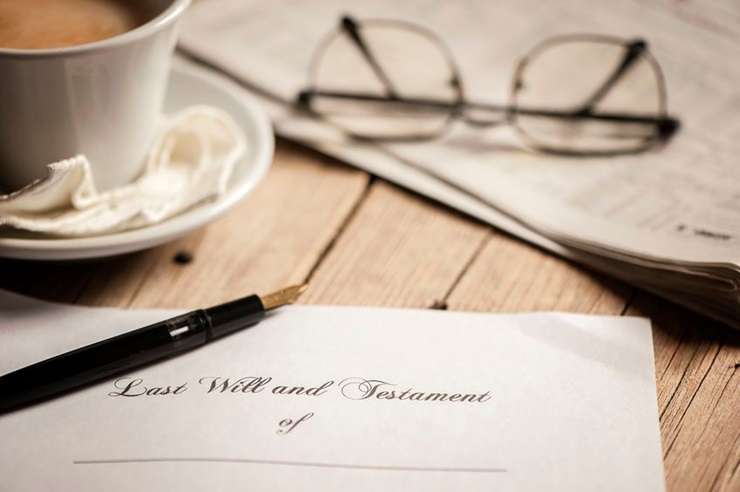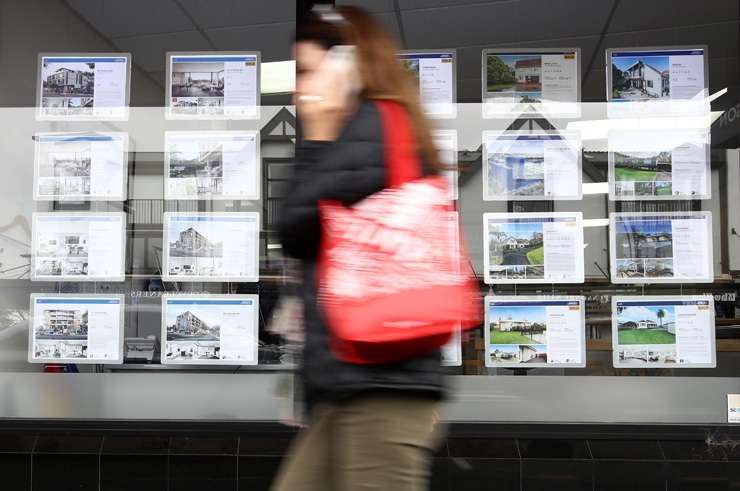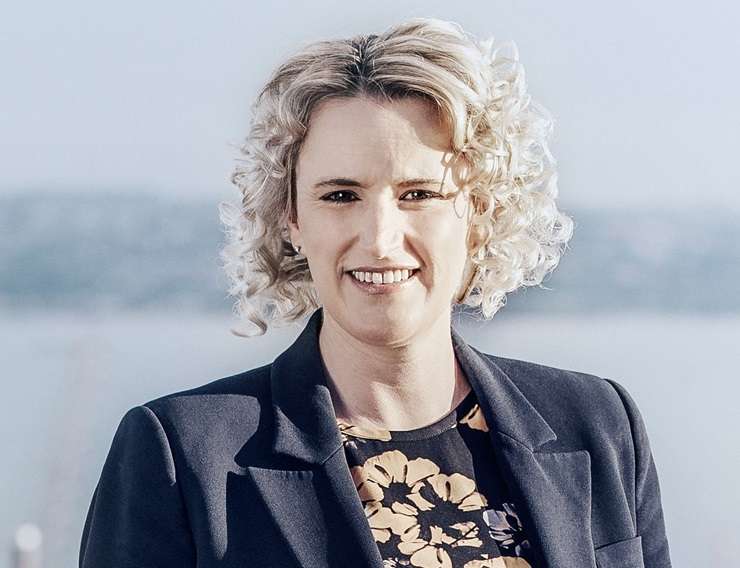As first-home buyers slog to save a mountainous deposit then face the stress and subsequent excitement of buying their first home they should also grapple with something else – death.
Glenys Talivai, CEO of the Public Trust, said it’s important when buying a first home to also write a will to protect the biggest purchase most people ever make, yet too few people do this.
Public Trust research shows only 26% of people aged 35 to 44 have a will. While 45% of that group are actively considering one, the research shows 65% of parents and guardians of children under five do not have a will.
Buying a first home is the perfect time to write a will, Talivai said, and first-home buyers are not getting any younger.
Start your property search
Read more:
- Revealed: How much mortgage repayments have jumped in your suburb
- How much should you really be spending on a renovation?
- Uninsurable beach house snapped up for $1.675m after dream build abandoned
OneRoof recently reported the average age of first-home buyers has climbed from 25 in 1970 to nearly 37 now.
Talivai concedes the last thing people excited about their first home want to think about is dying, or becoming incapacitated through illness or accident.
But misfortune happens and people need to leave clear instructions about what they want to happen should anything happen to them.
She said people often made assumptions about what will happen to their assets should they die, but assumptions can be wrong.
One misconception is their partner or spouse will automatically inherit their whole estate if they die without a will, but the reality is they may not.

Dying without a will can leave your next a kin with a legal and financial headache. Photo / Supplied
“If you die in New Zealand without a will and you’ve got more than $15,000 worth of assets then your estate is then administered under the Administration Act, and the Administration Act has a formula which determines who gets pieces of your estate, or a share of your estate.”
A spouse or children might be prioritised under the Act, but if parents are still alive they may be entitled to a share of the estate under the formula.
That might be exactly what the dead person would have wanted – but it might not be, she said.
Home-ownership models have changed in recent times, too, with more first-home buyers relying on “the bank of mum and dad” for help, and/or buying with a group of friends.
“The dynamic is not a traditional dynamic that’s covered by the legislation if you don’t have a will in place.”
People need to get legal advice on the ownership structure best for them when they buy a property, and to also put in place a will which reflects that structure.

The average age of first-home buyers has climbed in New Zealand. Photo / Fiona Goodall
There are various different ownership structures but two of the most common are joint ownership, and tenants in common.
Joint ownership is where the dead person’s share automatically goes to the joint owner, who becomes the sole owner, whereas tenants in common means each person’s share is protected and if one dies their share goes to their estate.
Even with clear ownership structures there are complications to be aware of. Under joint ownership, for example, when one person dies without a will their other assets, such as savings and KiwiSaver, do not automatically go to the partner but are administered under the Administration Act, she said.
“Some of it might go to the partner but the rest of it, if you’ve got parents or brothers and sisters that are still alive then they might get a share under that formulaic approach.”
That could leave the partner who is still alive with the house but they now have the whole mortgage to carry without help from the other assets.
Again, that may or may not be what the dead person wanted to happen: “This is where taking charge of – this is what I want to have happen and why – is really important.”

Public Trust CEO Glenys Talivai advises first-home buyers to appoint an enduring power of attorney. Photo / Jamie Wright
People who die without a will potentially leave a mess behind and also the potential for relationships between friends and loved ones to become strained.
Talivai also advised first-home buyers to appoint an enduring power of attorney, where someone is appointed to make financial decisions if the person is no longer able to, and accidents do happen, she said.
The Public Trust recently had customers who were in a relationship but one partner had a head injury from a bike accident and her partner struggled to gain access to her finances in order to pay the bills because she did not have an enduring power of attorney.
On top of that, her parents wanted to take control. While everyone was trying to help, “it ended up being quite a challenging scenario for all of them”.
She also advised couples to get a contracting out agreement, which is like a prenup agreement or relationship property agreement, to make clear how they will share the asset if they break up, and that should also be reflected in a will.
People don’t like thinking about the future or death and the Public Trust sees the downside of it when they don’t.
“That’s our classic piece, right, it’s never going to happen to me, it won’t happen to us, but unfortunately it does happen to some.”
Once people have made these arrangement, though, she said they can get on with enjoying their new home.
- Click here to find properties for sale



















































































